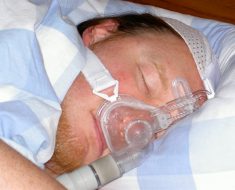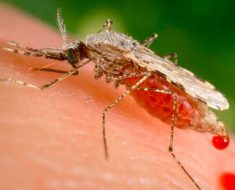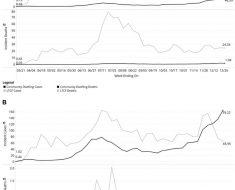Estimates from the International Agency for Research on Cancer indicate that, globally, there were 17 million new cases of cancer in 2018. Within the next two decades, that number is projected to grow to 27.5 million.
In the EU, although 3.5 million people are diagnosed every year, the last scheme for the prevention and detection of cancer ‘dates back 30 years’, according to European Commission president Ursula von der Leyen.
Vowing to take action, on World Cancer Day (4 February), von der Leyen announced the launch of a public consultation to help shape Europe’s Beating Cancer Plan, a new strategy expected to be released before the end of the year.
“For me, and for so many of you, this is personal. We all have our personal stories of struggle, pain and resilience,” the EU chief said this week at a conference in Brussels.
“I first heard the word cancer when I was a teenager. I was 13 years old when my little sister died of a reticulo sarcoma. She was only 11 years old. And there was nothing my family nor the doctors could do to save her,” she recounted. “My little sister’s death has changed my life. I guess it is also because of her death that I decided to study medicine and become a medical doctor. And it is because of her, and my mother, and one of my brothers, that I care so much about fighting cancer.”
WHY IT MATTERS
According to the World Health Organization, between 30-50% of all cancer cases can be prevented. Despite that, however, only around 3% of total health spending in the EU is attributed to prevention, according to a report from the European Commission published last year. In Malta, Greece and Slovakia, that number is below 2%.
“The first issue we need to discuss is prevention – because prevention is the best cure that we currently have,” von der Leyen said. “There are many answers to find: Could we consider setting targets for investment on prevention? What about the development of regional cancer care networks by quality-assured health facilities? We know that lifestyle has a huge influence, so how can we change our own lifestyle and make it healthier?” she asked.
Employing the use of the latest technologies will play a crucial role in this work, the EU executive continued.
“Technology can be a lifesaver for thousands of people. We know, for instance, that the use of artificial intelligence can significantly improve the precision of early diagnosis. It can be a powerful tool to reduce false positives and negatives.”
But that also means that the EU needs to get better at sharing data.
“Within the data we have lies an incredible amount of missed opportunities, unknown improvements, potential correction of false hypothesis – but we must use and share these data. We are now setting up a Common Health Data Space, an infrastructure where scientists and medical clinicians will be able not only to store clinical and research data, but also to access other scientists’ data.
“We need a health data infrastructure, as well as artificial intelligence technologies, to facilitate the link between research, diagnosis and care.”
THE LARGER PICTURE
Although details are scarce at this stage, we know that von der Leyen tasked Stella Kyriakides, commissioner for health and food safety, with the creation of a European Health Data Space last year.
The initiative is expected to “promote health-data exchange and support research on new preventive strategies, as well as on treatments, medicines, medical devices and outcomes”, according to the commission.
Their ambition has been recognised across the EU, and all eyes are now on upcoming announcements. But some are also pointing to the number of countries in Europe where health services are still running on paper or using outdated systems that do not talk to each other and put more strain on the workforce.
ON THE RECORD
“Cancer is an area where EU citizens expect us to take decisive actions,” Kyriakides said in a statement. “The success of the [Europe’s Beating Cancer] Plan will depend on the full engagement of citizens, cancer patients, stakeholders and actors at European, national and local levels. I invite everyone to participate and make this plan as ambitious and efficient as possible.”
More information about the new consultation, which will run for 12 weeks, can be found here.
Source: Read Full Article





